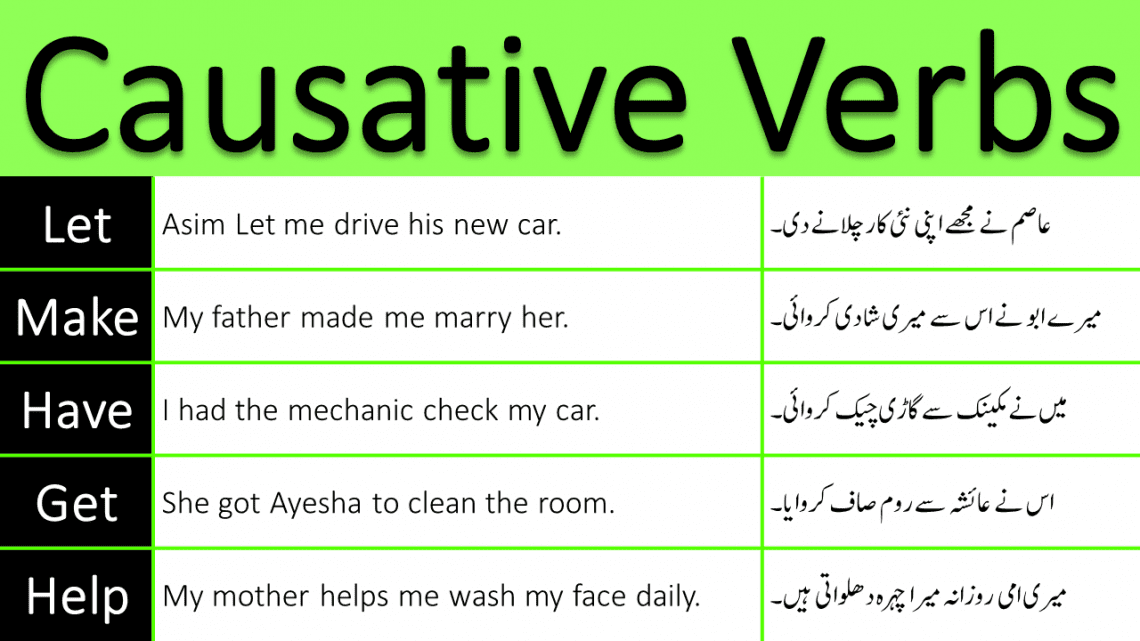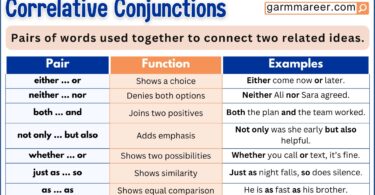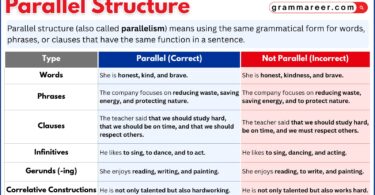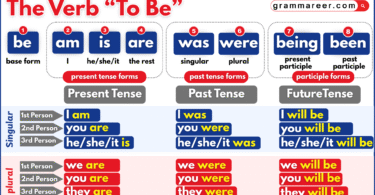Understanding causative verbs is essential for constructing sentences where someone causes an action to happen. Many English learners struggle with using make, let, have, get, and help correctly. These verbs define indirect actions, which can be confusing without proper guidance. In this blog post, we break down their meaning, structure, and usage with easy Urdu explanations. By mastering causative verbs, you can improve sentence fluency and communicate more effectively in English.
📌 Want to improve your grammar? Visit our grammar section for more lessons!
Table of Contents
What are Causative Verbs?
Causative verbs are verbs that show someone causes another person to do something. Instead of doing the action yourself, you make someone else do it. The most common causative verbs in English are make, let, have, get, and help.
جب سبجیکٹ کوئی کام خود نہیں کرتا بلکہ کسی اور سے کرواتا ہے اور سبجیکٹ اب یہ بات انگلش میں کہنا چاہ رہا ہے کہ اس نے کوئی کام کسی سے کروایا۔ تو ہم کازیٹِو وربز کا استعمال کرتے ہیں۔
List of Causative Verbs
| Let | To allow | اجازت دینے کےلیے |
| Make | To force | کسی سے زبردستی کام کروانا |
| Have | To assign | کام دے کر کروانا |
| Help | To help | کسی سے مدد لے کر کام کروانا |
| Get | To convince | کسی کو منا کر کام کروانا |
Causative Verb LET
The causative verb “let” is used to give permission or allow someone to do something. It means you are not stopping them from doing the action.
Structure:
Subject + let + person + base verb
Examples:
| Asim Let me drive his new car. | عاصم نے مجھے اپنی نئی کار چلانے دی۔ |
| Let me go. | مجھے جانے دو۔ |
| He did not let me do this. | اس نے مجھے ایسا نہیں کرنے دیا۔ |
| Waqas will let me go inside. | وقاص مجھے اندر جانے دے گا۔ |
Causative Verb MAKE
The causative verb “make” is used to force or compel someone to do something. It means the person has no choice in doing the action.
Structure:
Subject + make + person + base verb
Examples:
| My father made me marry her. | میرے ابو نے اس سے میری شادی کروائی۔ |
| She makes her son do his homework everyday. | وہ اپنے بیٹے سے روزانہ ہوم ورک کرواتی ہے۔ |
| I will not make him join Police. | میں اسے پولیس جوائن نہیں کرواؤں گا۔ |
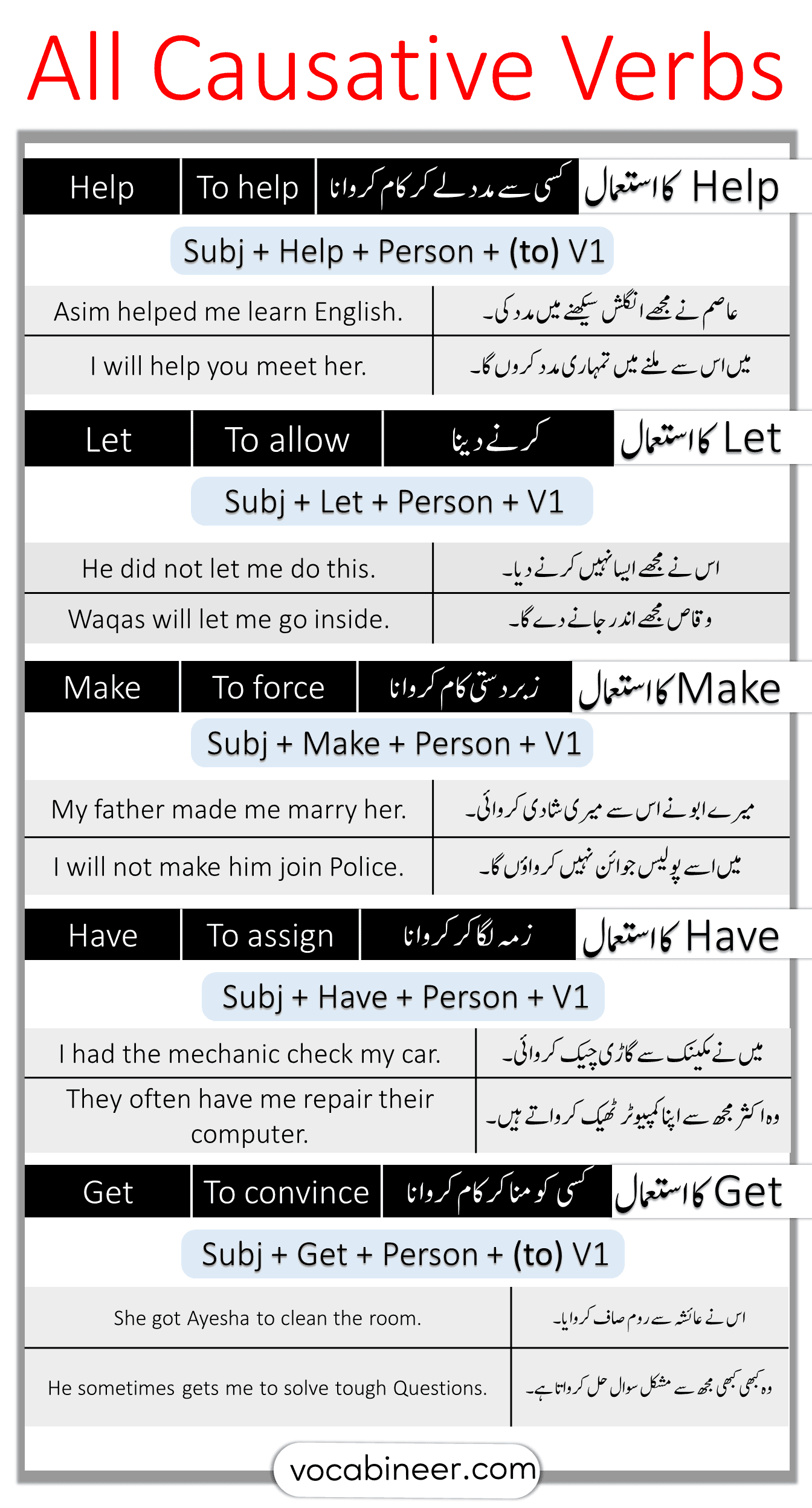
Causative Verb HAVE
The causative verb “have” is used to give someone responsibility to do something. It shows that the subject arranges for an action to be done.
Structure:
➡ Subject + have + person + base verb (when someone does the action)
➡ Subject + have + thing + past participle (when something is done)
Examples:
| I had the mechanic check my car. | میں نے مکینک سے گاڑی چیک کروائی۔ |
| I will have the driver drop you. | میں ڈرائیور سے آپ کو ڈراپ کروا دوں گا۔ |
| They often have me repair their computer. | وہ اکثر مجھ سے اپنا کمپیوٹر ٹھیک کرواتے ہیں۔ |
Causative Verb GET
The causative verb “get” is used to persuade or convince someone to do something. It also expresses arranging for something to be done.
Structure:
➡ Subject + get + person + to + base verb (when someone does the action)
➡ Subject + get + thing + past participle (when something is done)
Examples:
| She got Ayesha to clean the room. | اس نے عائشہ سے روم صاف کروایا۔ |
| He sometimes gets me to solve tough Questions. | وہ کبھی کبھی مجھ سے مشکل سوال حل کرواتا ہے۔ |
| I will get Asim to make Youtube Channel.. | میں عاصم سے یوٹیوب چینل بنواؤنگا۔ |
Causative Verb HELP
The causative verb “help” is used when someone assists or makes it easier for another person to do something. Unlike other causative verbs, “help” can be followed by either the base verb or “to” + base verb without changing the meaning.
Structure:
➡ Subject + help + person + (base verb / to + base verb)
Examples:
| Asim helped me learn English. | عاصم نے مجھے انگلش سیکھنے میں مدد کی۔ |
| My mother helps me wash my face daily. | میری امی روزانہ میرا چہرہ دھلواتی ہیں۔ |
| I will help you meet her. | میں اس سے ملنے میں تمہاری مدد کروں گا۔ |
You May Also Like

